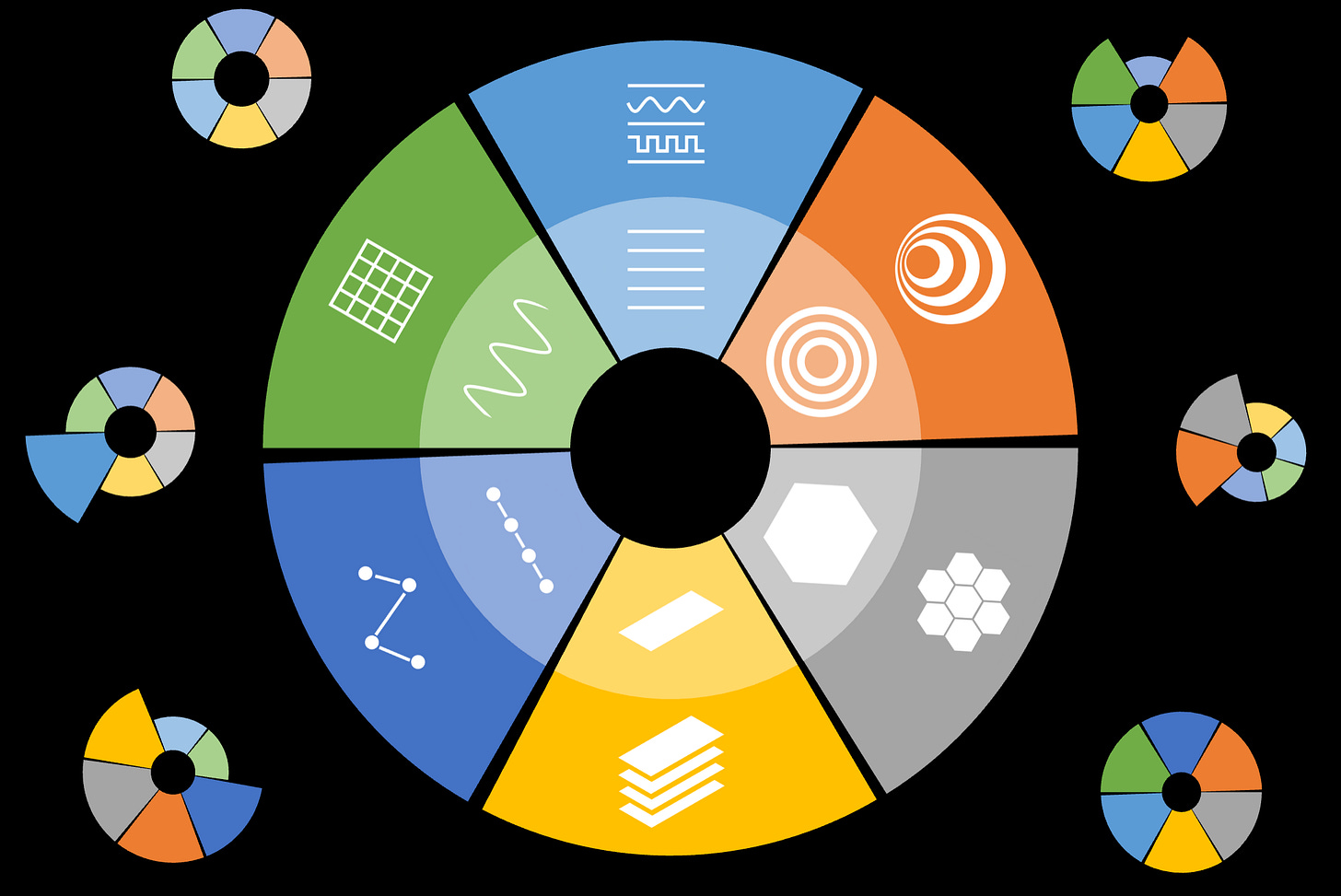This week in MathOnco 200
MathOnco hallmarks, immunovirotherapies, digital ecology, cancer risk, and spatial mutation patterns, ...
“This week in Mathematical Oncology” — Mar. 10, 2022
> mathematical-oncology.org
From the editor:
It is fitting that the 200th issue of “This week in Math Onco” would feature an exciting paper on the “Hallmarks of Mathematical Oncology.” In other news, we also feature an intriguing review on immunovirotherapies (featuring a really nice format I’ve never seen before), digital ecology, cancer risk, and spatial mutation patterns.
Jeffrey Westjeffrey.west@moffitt.org
The Hallmarks of Mathematical Oncology
Joshua Adam Bull, Helen Mary ByrneImproving immunovirotherapies: the intersection of mathematical modelling and experiments
Christine E. Engeland, Johannes P. W. Heidbuechel, Robyn P. Araujo, Adrianne L. JennerDigital Evolution for Ecology Research: A Review
Emily Dolson, Charles OfriaConstrained optimization of divisional load in hierarchically organized tissues during homeostasis
Peter Ashcroft, Sebastian BonhoefferIncreased risk of cancer in dogs and humans: A consequence of recent extension of lifespan beyond evolutionarily determined limitations?
Aaron L. Sarver, Kelly M. Makielski, Taylor A. DePauw, Ashley J. Schulte, Jaime F. Modiano
First passage time analysis of spatial mutation patterns reveals evolutionary dynamics of pre-existing resistance in colorectal cancer
Magnus J. Haughey, Aleix Bassolas, Sandro Sousa, Ann-Marie Baker, Trevor A. Graham, Vincenzo Nicosia, Weini HuangA mechanistic spatiotemporal model for drug resistant infections
Tamsin E Lee
The Mathematical Oncology Blog — The “Behind the Paper” series
Emily Dolson: “Clinical trials give us data about what actually works for real patients, but there are immense practical and ethical restrictions on what questions we can use them to ask. Mathematical models are fast and easy to interrogate, but may miss important dynamics that would occur in a patient. These two study systems represent opposite ends of a continuum.”What a $500,000 grant proposal looks like
Austin Z. Henley: “A large part of being a professor at a research university is writing grant proposals. But it is hard to learn how to write proposals. Very few proposal documents are ever shared publicly. You basically have to ask colleagues to share theirs or give feedback on your drafts. You might get the chance to review proposals for a funding agency, which lets you see part of how the decisions are made. You do get feedback after submitting a proposal, though it comes many months later and can be hard to decipher. So I'm sharing my NSF CAREER proposal document and why I wrote it the way I did.”
The newsletter now has a dedicated homepage where we post the cover artwork for each issue. We encourage submissions that coincide with the release of a recent paper from your group.
Caption: The hallmarks of mathematical oncology. Over the past 25 years, there has been an unparalleled increase in our understanding of cancer. But how do we integrate this knowledge and make sense of the complex and dynamic nature of the disease? Mathematical modeling has emerged as a natural tool to address these questions and for assisting with the development of new approaches for improving its treatment. In our recent article, we provide an introduction to mathematical modeling of cancer and its treatments, suitable for researchers seeking to enter the field. To learn more, click here.
Created by: Joshua Bull (@JoshuaABull)
Visit the mathematical oncology page to view jobs, meetings, and special issues. We will post new additions here, but the full list can found at mathematical-oncology.org.
1. Jobs
Research Fellow/Senior Research Fellow in Computational Cancer Biology (Jasmin Fisher, UCL Cancer Institute) - Open until March 15, 2022
Current subscriber count: >1.1k








